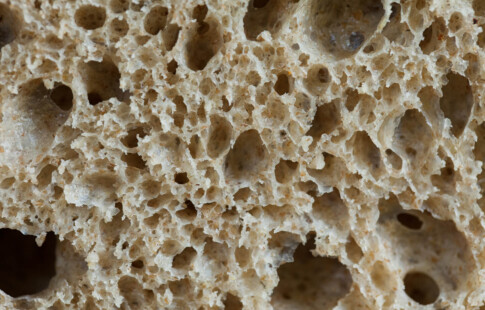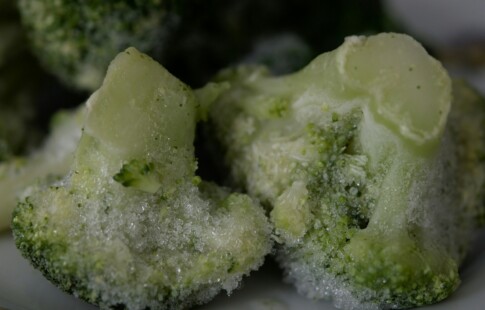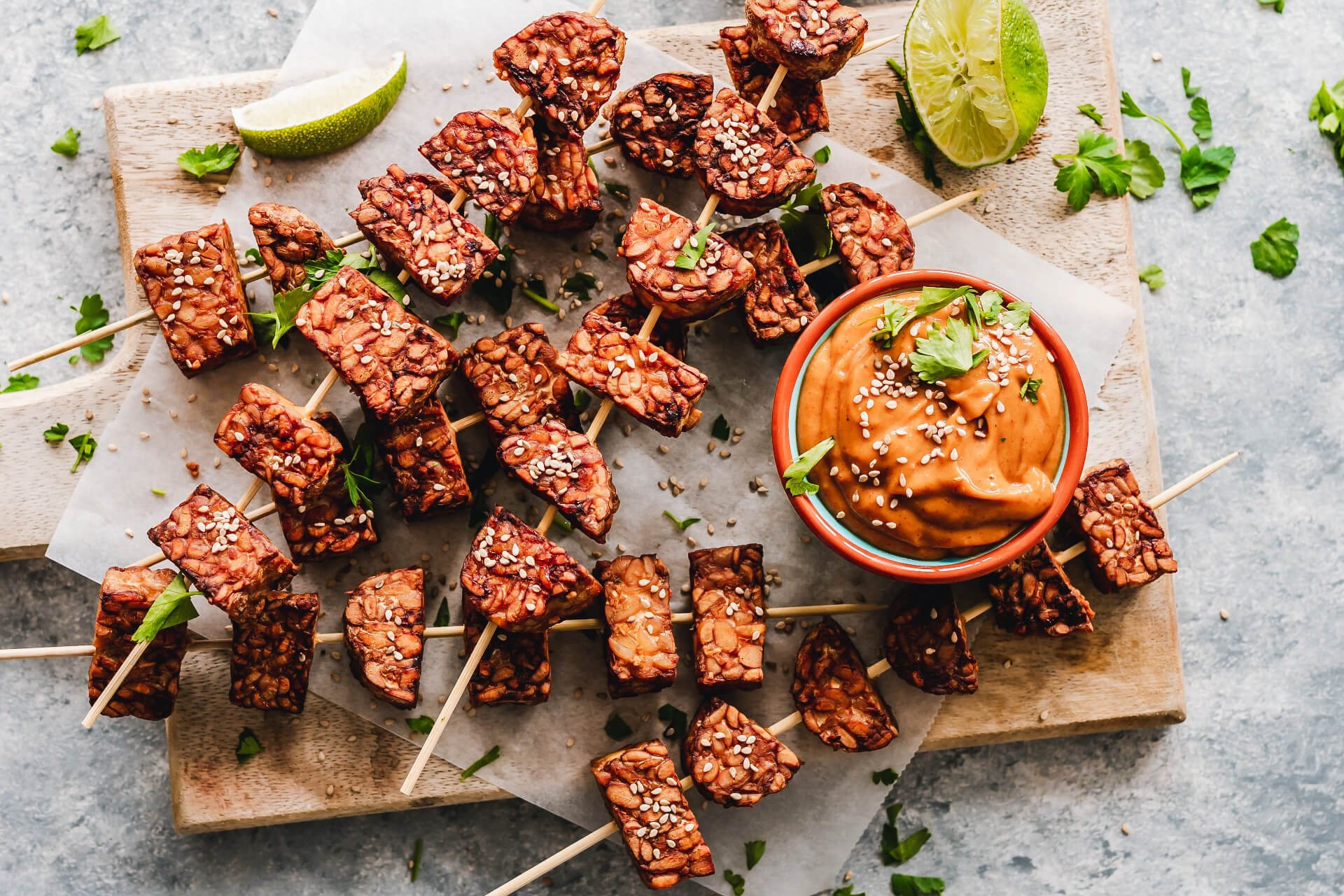
What Are the Cons of the Flexitarian Diet?
We are reader-supported. When you buy through links on our site, we may earn affiliate commission.
The world is in no shortage of trendy diets. Many revolve around losing weight or increasing wellness, but there are a few where their priority is reducing carbon footprints. Our team has reviewed the flexitarian diet and how it may help transition to a less meat-consumptive meal plan. But, what are the pros to the flexitarian diet? Let’s explore the nuance before you make a lifestyle change.
What Is a Flexitarian Diet?
In brief, a flexitarian diet is like the bridge between a non-restrictive diet and a pescetarian, vegetarian, or vegan diet. Flexitarians drastically reduce the consumption of animal products, like meat, fish, eggs, or dairy. However, these options are still included in the diet. You incorporate them at whatever frequency the individual chooses. They may consume meat five days a week instead of seven one week. The following week, they may challenge themselves for only two days.
To be clear — this is not a weight loss diet, though some experience this depending on their body type because of a greater focus on plant-based meals. Flexitarian diets are great for those with medical or other required dietary restrictions because you can work around them until you find solutions that fit your needs.
The goal is to reduce animal product consumption because it is carbon-intensive on the planet and exploits animals. This sounds ideal, but let’s dive into the cons and how you can pay attention to them if you try this diet.
Potential Nutrient Deficiencies
This is one of the most notable side effects if you do not research. Deficiencies occur for a few reasons.
First, you might default to eating less healthy foods because they do not contain meat. For example, potato chips and ice cream could be delicious vegetarian options. Even original Oreos are vegan. It might be easier to justify consuming these snacks in larger quantities simply because they have fewer animal products. This leads to fewer vitamins, minerals, and micro- and macronutrients.
Additionally, you may have deficiencies because you’re experimenting with new meal combinations. You may not know that your nightly meat consumption is vital for iron. Other concerns may include:
- Calcium
- Vitamin B12
- Zinc
- Omega 3
Additionally, you’ll need to ensure you incorporate other sources of protein. Beans, nuts, tempeh, eggs, tofu, and seitan are only a few options in a long list. Without these, you’ll be short on protein, too.
You could always talk to your family doctor or a licensed nutritionist or dietician for those concerned about this. They will have the best advice and schedule regular checkups, prescribe supplements as necessary, or order blood work to ensure you stay healthy.
Scarcity Mentality and Sense of Deprivation
Most diets, no matter the intention, incite a scarcity mentality. Suddenly, you feel there are “good” and “bad” meals. You may feel disconnected preparing lunches or having dinner because it isn’t what you expect. This doesn’t create the best relationship with food and your body, but it is something you can manage.
Undergoing a lifestyle change should be gradual so it doesn’t create that feeling of deprivation. If you love the taste of meat and fish, intentionally phasing these out could feel like you’re removing something positive from your life — mainly if this dietary choice may impact others you live with.
Instead, you should see this dietary change as an opportunity to experiment with new cuisines, recipes, and flavors. Create an abundance mindset by adding color and more vegetables ot the plate. Perhaps you’ll find something you enjoy more. Shifting your mindset this way can eliminate feeling like you’re taking away life’s joys.
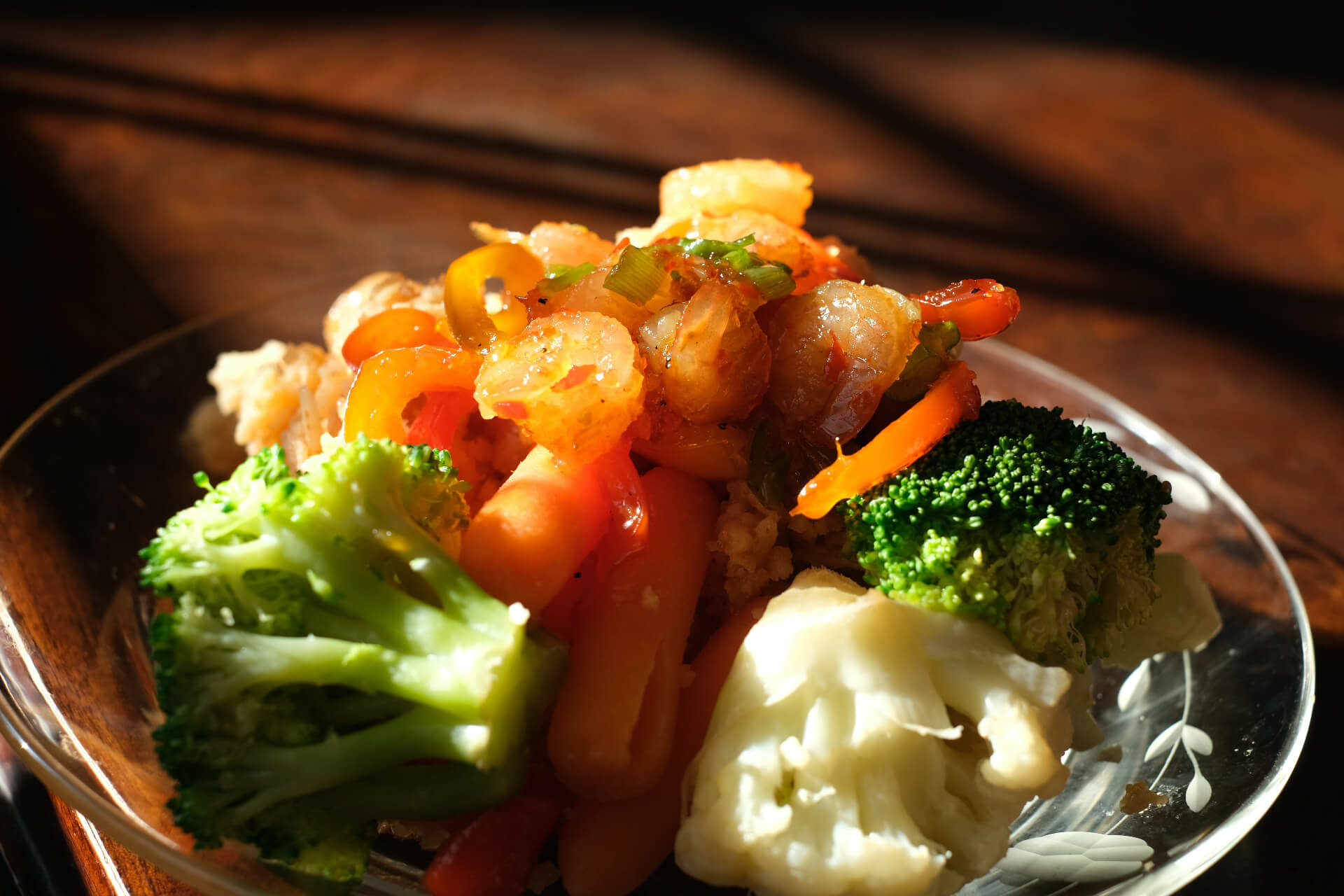
Justification for Delaying Other Climate Action
It is objectively true the meat industry has negative impacts on the planet. Almost 15% of greenhouse gases are because of meat and dairy. Fruit and vegetables have their mark, too, especially in megafarms where agricultural practices are questionable. Even then, the impact is still less than the meat industry.
For some, the flexitarian diet might be a crutch. The flexibility might not be strict enough for you, and you find yourself eating just as many animal products as you did before you decided to try the diet. You could be using it as an excuse to delay decreasing your carbon footprint further by eliminating meat or fish entirely.
This choice does not work for everyone. For example, if you live in a region where your community relies on fishing as its main source of food and income, cutting that out might be impossible. Other factors might be geography, medical history, income, accessibility, religion, and countless other reasons.
Do what feels best. However, it’s essential to recognize everyone — individuals and companies included — could all do more to help the planet heal. For those capable of moving past the flexitarian diet into one even more climatarian, you should challenge yourself to try it instead of staying in the flexitarian comfort zone.
How to Avoid These Cons
None of these side effects of having a flexitarian diet are unstoppable. Let’s summarize and suggest a few tips for managing your transition to a more plant-based diet:
- Always keep in touch with your doctor if you’re nervous or paranoid about becoming “less healthy.” Schedule an appointment now to discuss if you are concerned.
- Monitor consumption of online content from influencers without formal education. Misinformation is rampant online.
- Always keep communications open with people you live or grocery shop with. Be clear about your intentions to keep everything respectful.
- Practice self-compassion as you learn.
- Research intuitive eating habits to practice anti-diet culture and remove limitation mindsets.
- Stay motivated by finding other ways to reduce your negative environmental impact.
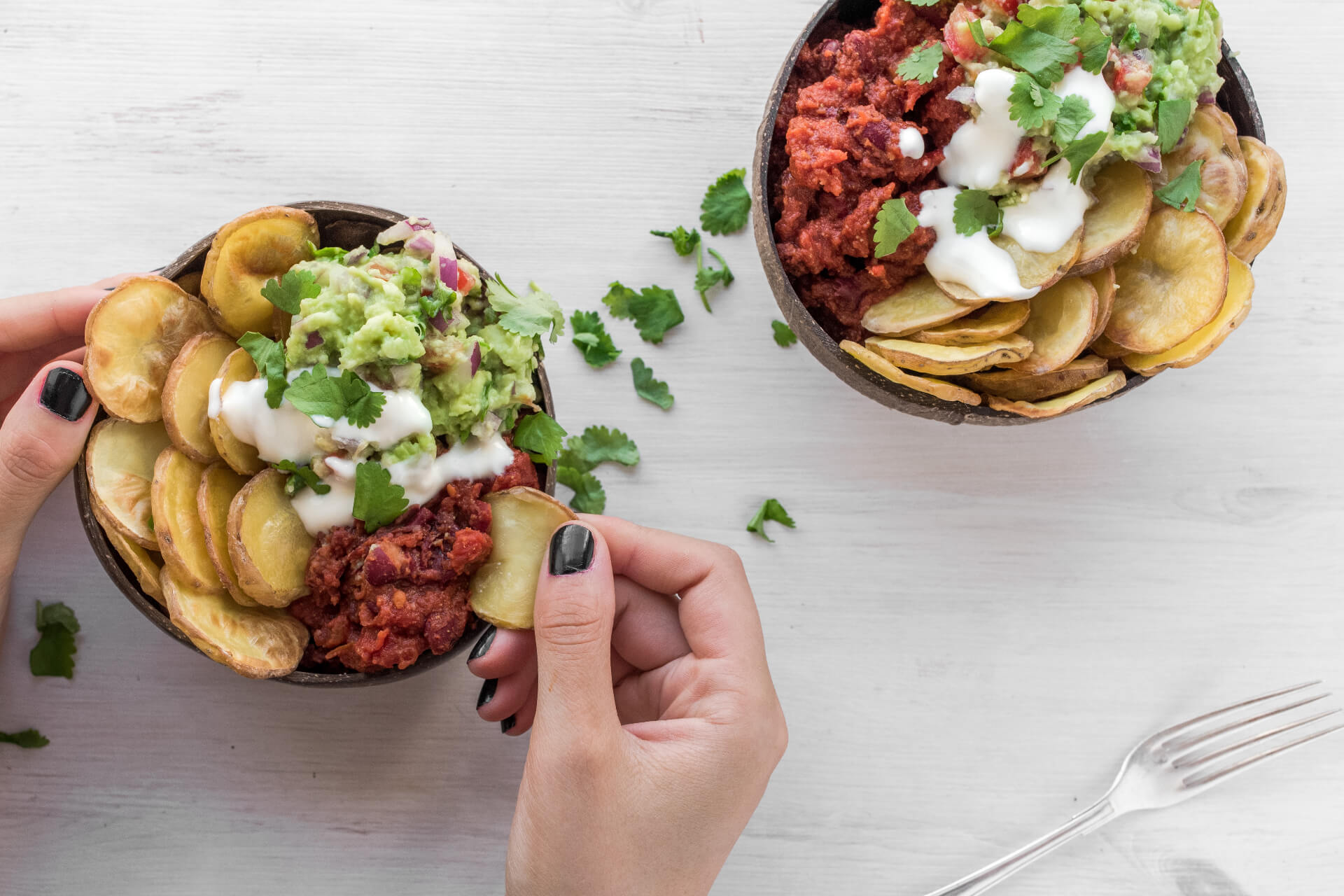
What Are the Cons of the Flexitarian Diet and Are They Worth It?
The flexitarian diet is a wonderful option for those wanting to be kinder to the world but need time to experiment and learn. It’s a thoughtful way to change your diet because gradual habit changes lead to greater consistency in the long term than if you implement an all-or-nothing mindset overnight. The carbon impact would be mind-blowing if everyone adopted the flexitarian diet with just one rule — to eat fewer animal products.
You don’t have to be perfect — you have to be aware. You can overcome any of the cons on this list with a little effort, so why not give it a go?
Share on
Like what you read? Join other Environment.co readers!
Get the latest updates on our planet by subscribing to the Environment.co newsletter!
About the author

Steve Russell
Steve is the Managing Editor of Environment.co and regularly contributes articles related to wildlife, biodiversity, and recycling. His passions include wildlife photography and bird watching.

